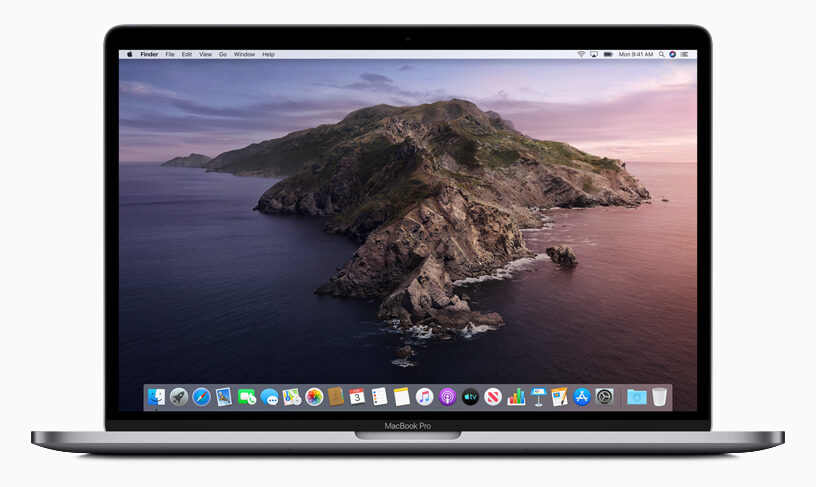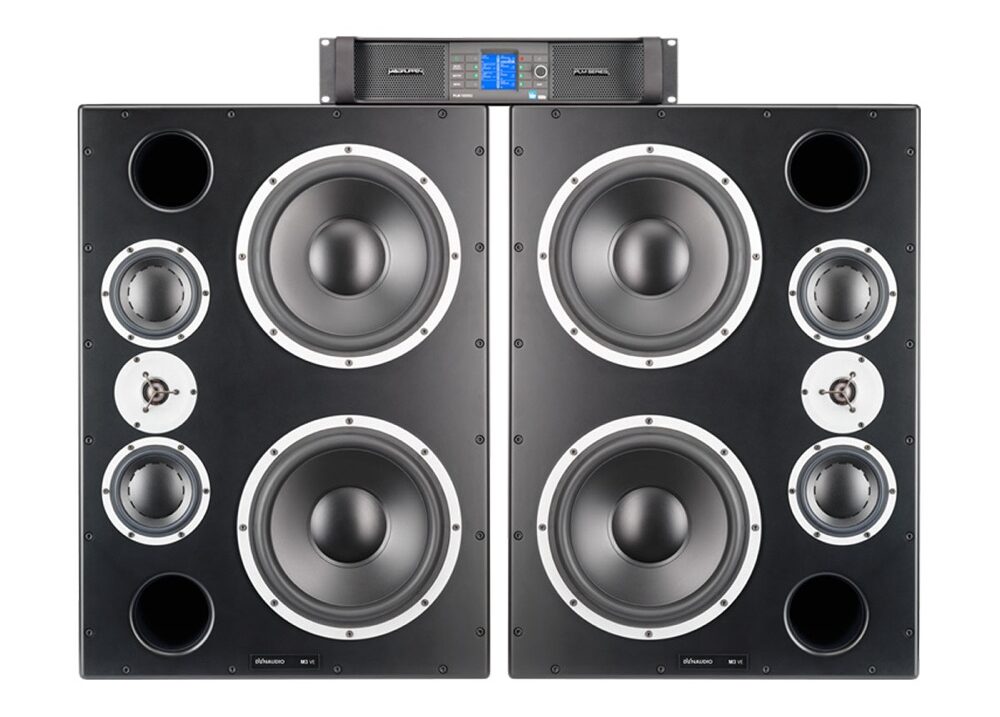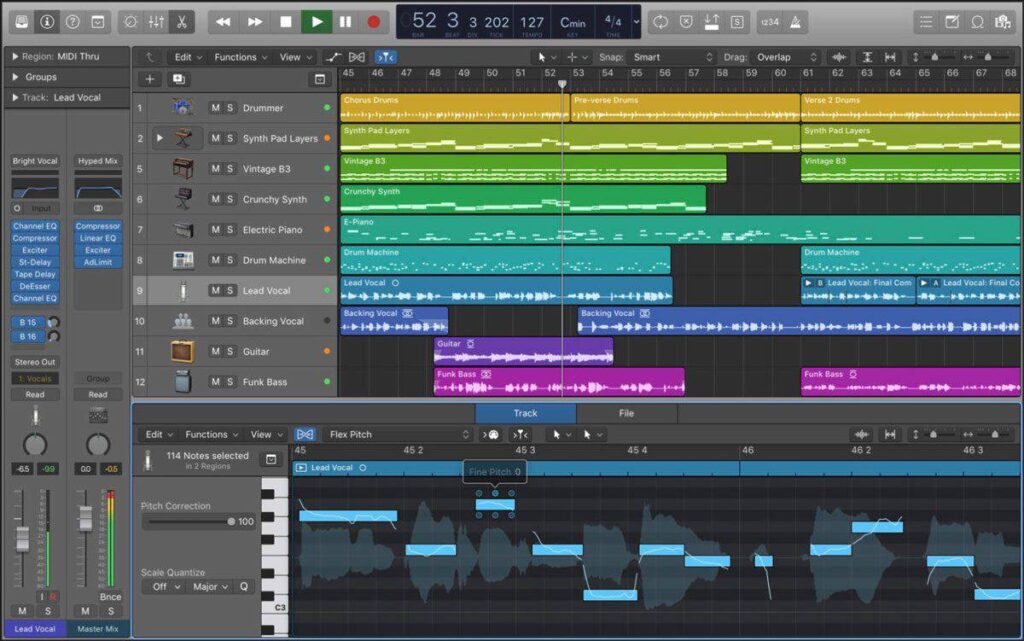Mastering Studio Components
There’s no hard and fast standard for the mastering studio but there are some types of gear that everyone uses. The Computer, DAW, speakers and audio interface are the minimum requirements but there are a lot of other considerations. Outboard processors such as EQs, compressors, enhancers and limiters will necessary to advance to the next level. Analysers, headphones, mixers and power conditioners are also worth thinking about. Below we’ll talk about each of these components a bit more.
Computer
Well at least we all know what this does. Most people favor Macs of course these days and many popular bits of software won’t work on PCs. That said, if you insist it’s entirely possible to build a mastering suite from a PC. You should get the highest spec that you can afford. Processor speed, RAM and storage space are the key specs to look for.

DAW
Digital Audio Workstation is shortened to DAW. This is the program on your computer that you use to mix and master audio. DAWs can also be used to write music from scratch. These programs allow the recording and playback of audio and have built in plugins which have the functionality of EQs, compressors, reverbs and much more. Plugins are a relatively modern alternative to outboard gear, these are physical units outside the computer that do the same jobs. Examples of DAWs are Pro Tools, Logic, Cubase, Ableton, Audacity. There are tons of options here. It’s best to try a few and see which works for you. Price is a consideration but there are some free versions and demos to try out. The DAWs generally do the same things but there are small differences so it could be worth doing some research to see what’s covered.
Speakers
For a mastering studio, speakers are of high importance. A detailed account of what is on the track is essential to find out what changes need to be made and to monitor their effectiveness. The monitors should be as transparent as possible. This gives you an honest reflection of the audio without any enhancements. A home stereo for example can flatter a sound to make it easier on the ear. The sky’s the limit here with cost but it’s a good idea to spend a good chunk of any studio budget on decent speakers. The room is of high importance too. Having as flat a response as possible in the room will mean that the listener is receiving the honesty of the speakers. To flatten the response of a room, acoustic treatments and bass traps will be necessary.

Audio Interface
The audio interface connects your computer to the outside world in audio terms. Audio flows in and out of the computer through this and is converted from digital to analog and vice versa in the process. This is called AD/DA Conversion. The quality of this conversion is what you are paying for with an audio interface. At a minimum you will need to connect to speakers outside but in all likelihood, a mixer and various outboard processors will be connected to the interface.


